March 21 7:00 pm
The proposal to build a massive refinery at Port Westward, OR has drawn sharp objections from the local community. Billed as a “renewable” diesel refinery, Houston-based NEXT Energy’s project would fill wetlands, rely on railed-in feedstocks from the Midwest, consume large amounts of fracked gas, generate 1 million tons of greenhouse gas pollution each year, and store 1 million barrels of fuel and feedstock on liquefiable soil near homes, farms, and a Buddhist monastery. The residents of the nearby agricultural and monastic communities at Port Westward are organizing to stop the project, even as Oregon looks towards renewable diesel to reduce toxic and greenhouse gas emissions from diesel fuel. Dan will discuss the pitfalls of Oregon’s rush to renewable diesel at Port Westward, in particular. We will also have an opportunity to discuss the issue of renewable diesel more broadly, considering some of its possible benefits and unanswered questions about the concept as a whole that could make some versions of this non-conventional diesel a clear “false solution” to the climate crisis.
Dan Serres (he/him) works to engage communities along the Columbia. In 2005, he started with Columbia Riverkeeper as an organizer in Riverkeeper’s successful campaign to protect the Columbia River Estuary, forests, and farmland from the Bradwood Landing and Oregon LNG Liquefied Natural Gas (LNG) proposals and their related pipelines. Since 2009, he has filled the role of Conservation Director where his work broadened to work with communities to protect the Columbia River from a barrage of dirty fossil fuel export proposals, including LNG export terminals, coal export terminals, oil-by-rail facilities, and fracked gas power plants. Dan has been involved with efforts to protect Port Westward since 2004, the site now proposed for the region’s largest non-conventional diesel refinery. Dan was a member of the Hanford Advisory Board, and he supports Riverkeeper’s efforts to clean up Hanford. Dan’s background is in Earth Systems science, energy policy, and community organizing.
